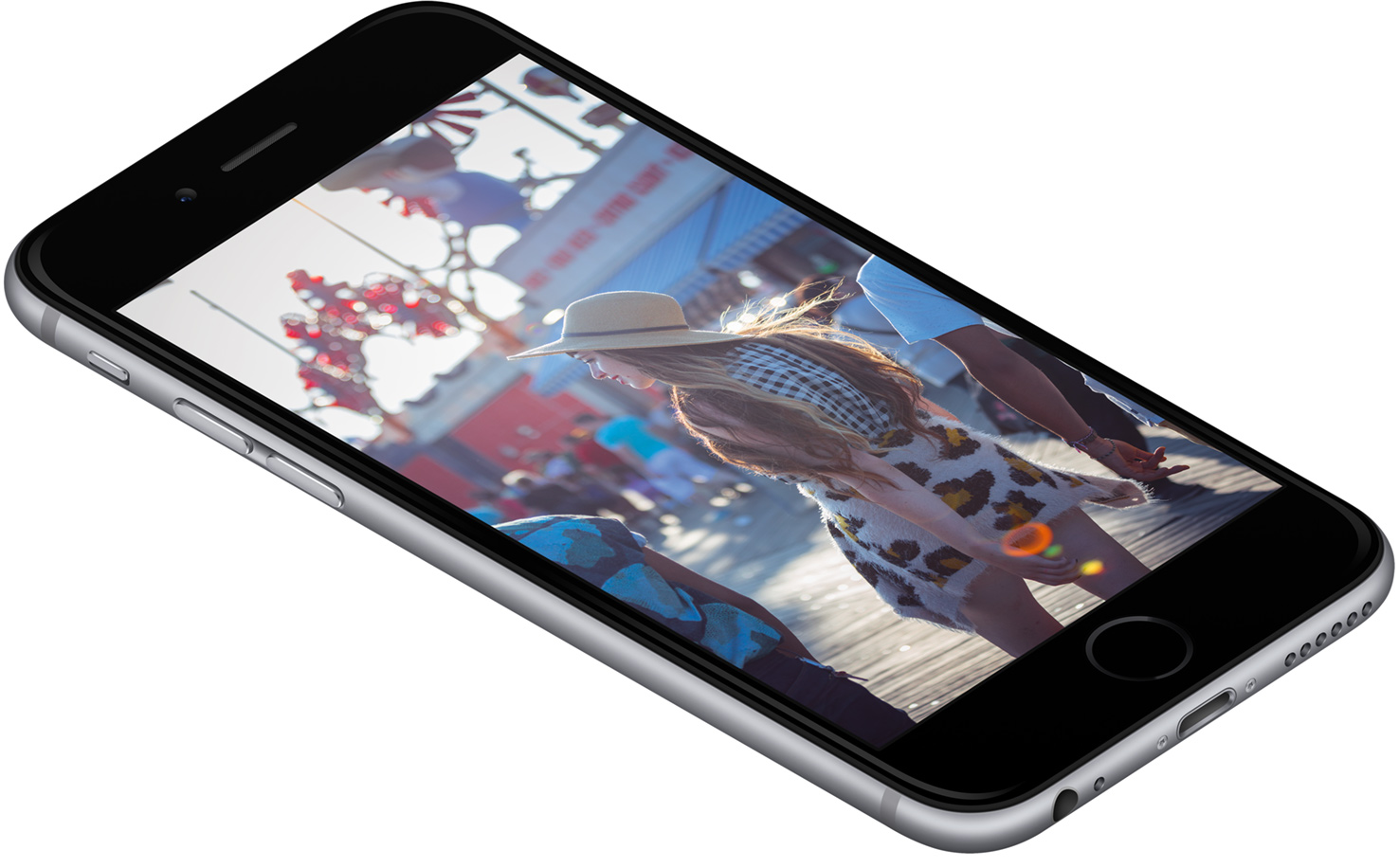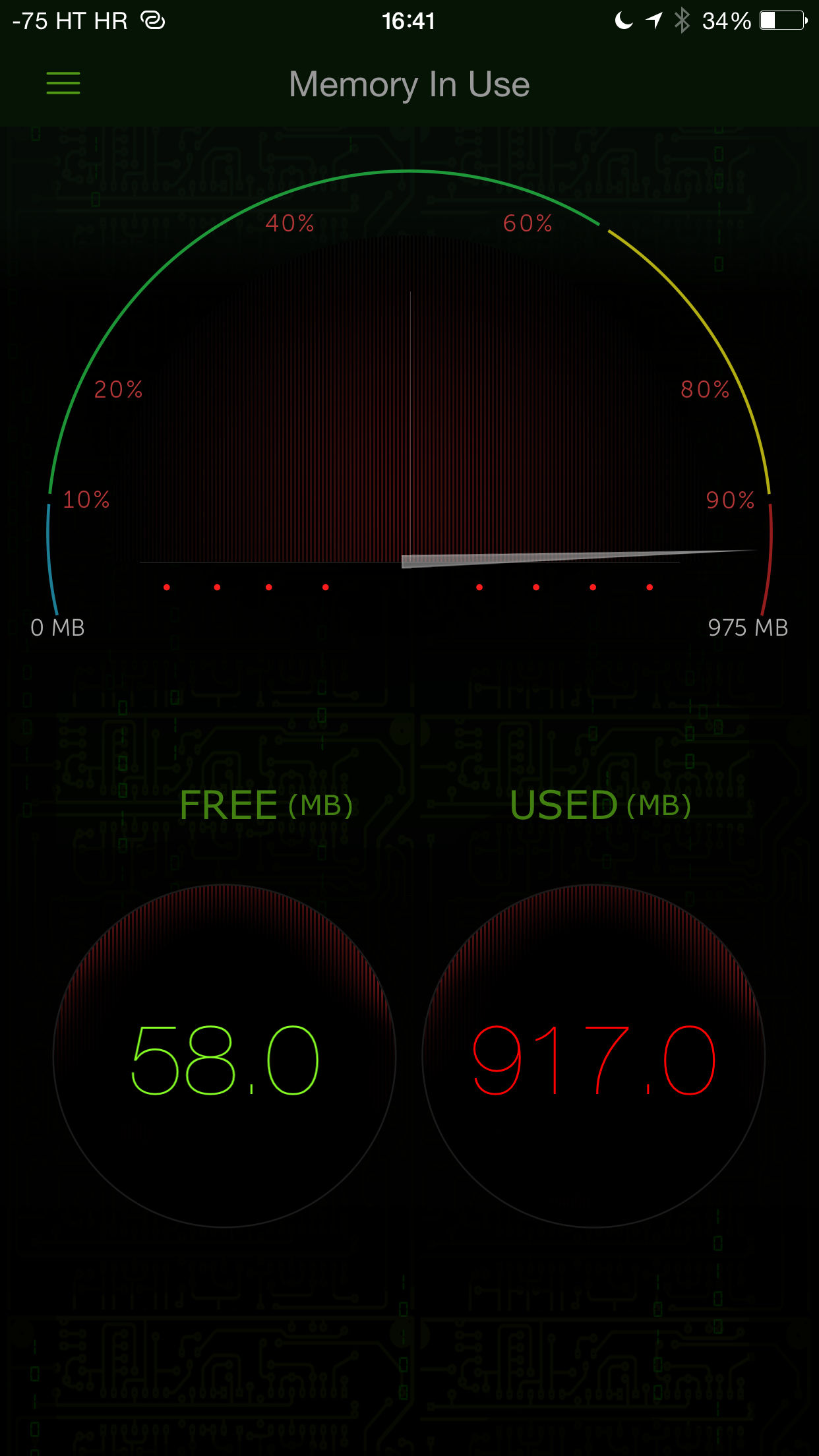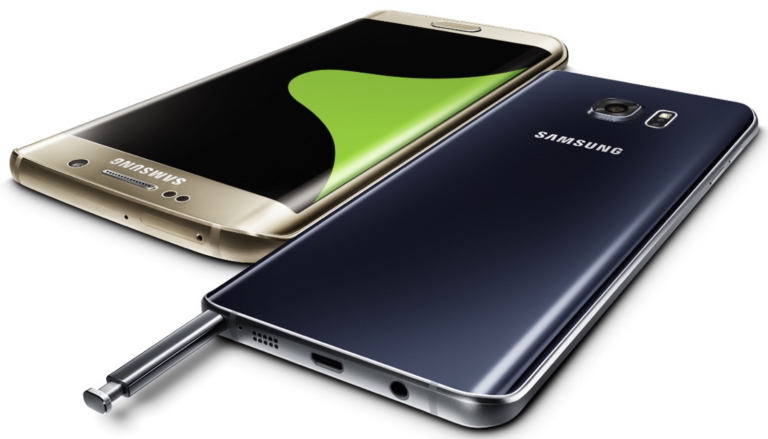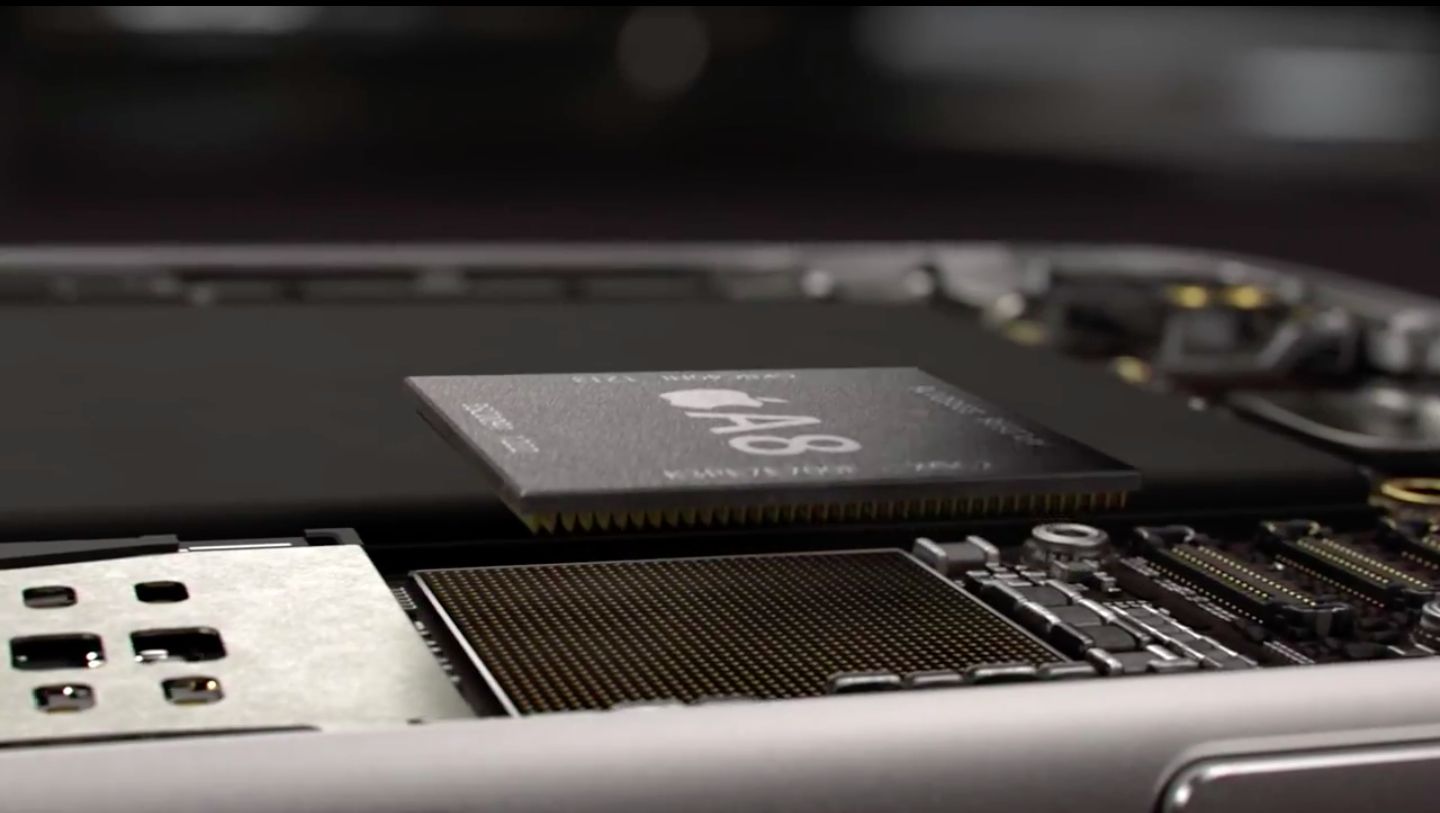A bunch of short-sighted analysts are downgrading $AAPL on the basis that the rumored Force Touch screen on the ‘iPhone 6s’ and ‘iPhone 6s Plus’ won’t be enough of a hardware differentiator to motivate owners of the present-generation iPhone 6 and iPhone 6 Plus to upgrade.
To them, I say: you’d be hard-pressed to call Force Touch the defining feature of the iPhone 6s and iPhone 6s Plus. A convenience, yes. But a marquee new feature? No way.
But wait, what about “the biggest camera jump ever”? Surely a rumored 12-megapixel back shooter with 4K video capture and a five-megapixel upgrade to the iPhone’s paltry 1.2-megapixel front-facing camera would warrant an upgrade?
While perks like substantial camera upgrades, force-sensing screens, faster chips, two times faster LTE and a stronger body are much appreciated, these expected enhancements won’t convince me to upgrade my rusty old iPhone 6 Plus unless the forthcoming phones offer this one feature I have been craving for years now.
A simple math
It couldn’t be simpler: either the new iPhones double the RAM to two gigabytes or I’m not buying them. iOS’s resource-savviness can no longer hide the fact that iPhones are starved for more RAM and boy does it show.
Tabs in Safari reload irritatingly due to the lack of RAM. Multitasking between resource-hungry apps is not as smooth as it should be. Making matters worse, I’ve been experiencing random resprings and crashes literally on a daily basis.
Now, I multitask a lot and use a number of resource-hungry apps that eat up the RAM.
But so what? The App Store shouldn’t respring my device after updating dozens of apps at once. The Photos app shouldn’t crash if I attempt to edit a photo using a third-party extension with lots of features.
Even if you turn a blind eye on crashing, there’s no denying that multitasking on iPhones just is not as smooth as it could have been were they outfitted with more RAM.
As much as I love Apple, I’ll be the first to admit that multitasking on high-end Androids such as the Galaxy S6 or Note phablets is much smoother than on iPhones. It’s not that Android is more optimized than iOS—it isn’t—but these devices have three times the iPhone’s RAM in them and it shows.
Rubbing salt into Apple’s wounds even more, the latest Galaxy S6 edge+ and Note5 come with a whopping four gigabytes of RAM—same as my MacBook Air. For those wondering, Apple has not increased the amount of RAM in iPhones since releasing the iPhone 5 with 1GB of RAM three years ago!
What gives?
This is all Apple’s fault.
I have a strong feeling that iOS 8, despite its greatness, just wasn’t engineered to run without hiccups on 1GB iPhones. For starters, new system-wide iOS 8 features such as third-party keyboards and app extensions add up to RAM usage.
Than there’s the matter of 64-bit apps. As of June 1, Apple requires that all submitted apps be 64-bit and iOS 8.0 only. The problem is, existing apps and updates are still 32-bit. This means virtually every user out there has both 32 and 64-bit apps on their iPhone. In turn, iOS has to load both 32-bit and 64-bit system frameworks to support legacy and 64-bit-only apps, which eats up the RAM.
Ideally, the App Store would host only 64-bit apps and there would be no 32-bit iOS hardware in the wild (devices with pre-A7 processors).
Too bad we’re not living in an ideal world.
More RAM = happier users
iOS would benefit tremendously from more RAM.
One needs look no further than the iPad Air 2, the only iOS device to come with more than 1GB of RAM. Because it has twice the RAM, app switching via the four-finger swipe gesture is a lot faster than on the iPad Air.
Besides, it certainly doesn’t hurt that the iPad Air 2 doesn’t crash as often as its RAM-starved predecessor, even when under heavy load.
Wrapping it up
The general consensus is that upcoming iPhones will double the RAM to two gigabytes. If true, new iPhones will crash less and multitask faster.
Should the forthcoming iPhones double the RAM, Apple can take my money. If not, I won’t be upgrading until Apple come to their senses.
It’s that simple!
Will you be terribly disappointed if the iPhone 6s and iPhone 6s Plus don’t come with twice the RAM and is this going to affect your purchasing decision?



